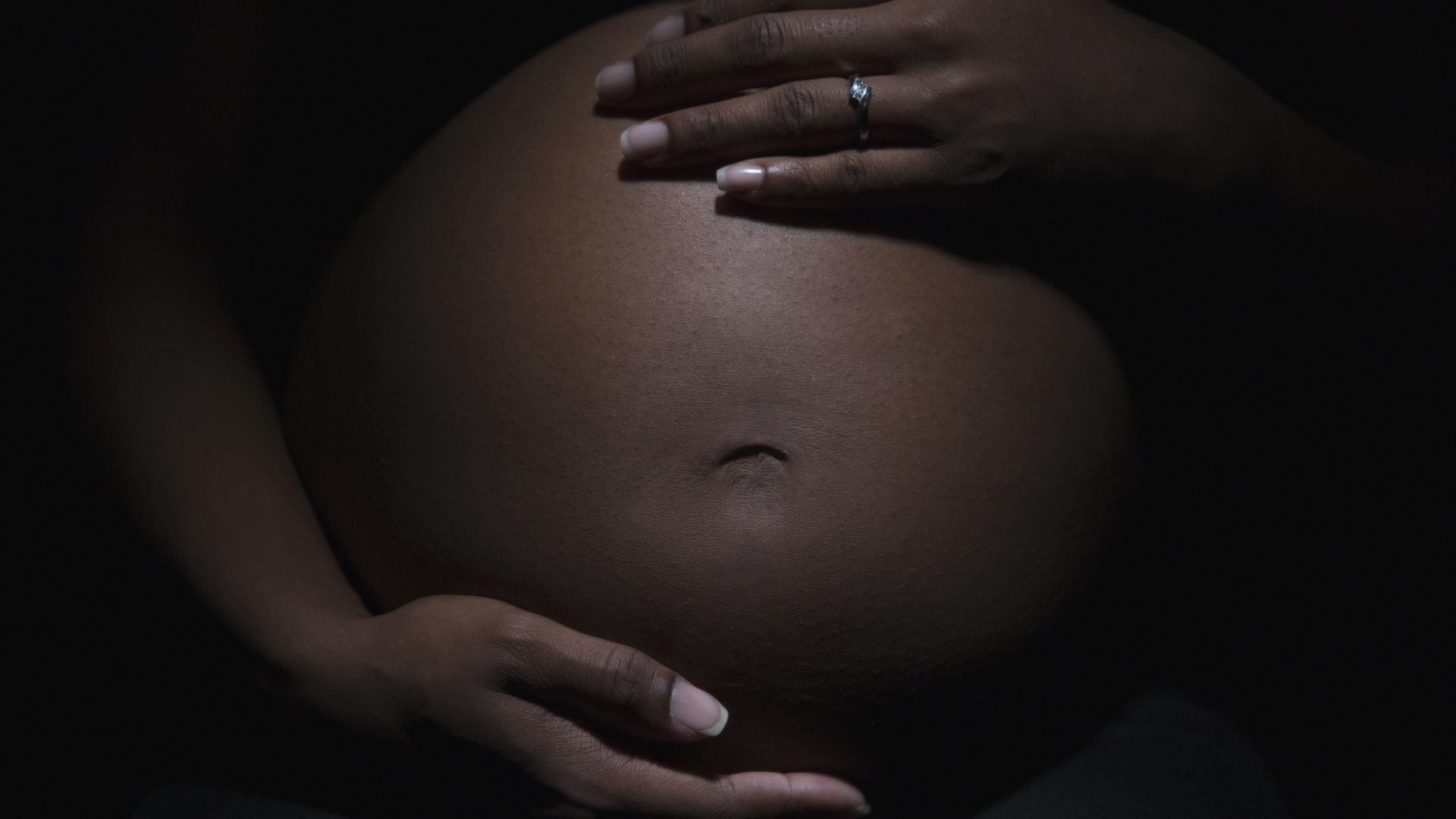
Our community is well-versed in the Black mortality rate crisis in the United States and how the stark racial disparities in maternal and infant health in the U.S. have persisted for decades despite continued advancements in medical care. However, the New York Times recently uncovered findings highlighting how childbirth risks vary by race and parental income – underscoring how Black families, despite their socioeconomic status, are disproportionately affected.
“This is a landmark paper, and what it makes stark is how we are leaving one group of people way behind,” said Atheendar Venkataramani, a University of Pennsylvania economist who studies racial health disparities and was not involved in the research.
The study was published last month by the National Bureau of Economic Research, and it includes nearly all the infants born to first-time mothers from 2007 to 2016 in California, the state with the most annual births. This first-of-its-kind study combines income tax data with birth, death, hospitalization records, and demographic data from the Census Bureau and Social Security Administration while protecting identities. The study reveals that Black mothers and babies don’t gain the same protection from being rich compared to other cultural groups.
This study solidifies many of our fears in the Black community; no matter what you achieve or how much money you make, unfair harm and even death can knock on your doorstep.
Maya Rossin-Slater, an economist studying health policy at Stanford and an author of the study, believes the study suggests that the well-documented Black-white gap in infant and maternal health that’s been discussed is not just explained by differences in economic circumstances but it’s much more structural.
The study also revealed that money protects white mothers and babies, but not Black ones. Researchers found maternal mortality rates were just as high among the highest-income Black women as among low-income white women. The infant mortality rates between the two groups were also similar.
According to the study, babies born to the wealthiest Black women (the top tenth of earners) tend to have more risk factors, including being premature or underweight, compared to those born to well-off white mothers — and more than those born to the poorest white mothers. It’s evidence that the harm to Black mothers and their babies, regardless of socioeconomic status, begins before childbirth.
“As a Black infant, you’re starting with worse health, even those born into these wealthy families,” said Sarah Miller, a health economist at the University of Michigan. She was an author of the study with Professor Rossin-Slater and Petra Persson of Stanford, Kate Kennedy-Moulton of Columbia, Laura Wherry of N.Y.U., and Gloria Aldana of the Census Bureau.
Previous research has found that Black women with the most resources, measured by education and class mobility, did not benefit during childbirth the way white women did. The new study shows the disparities are not explained by income, age, marital status, or country of birth but by showing that even rich Black mothers and babies have a disproportionately higher risk of death.
“It’s not race; it is racism,” Tiffany L. Green, an economist focused on public health and obstetrics at the University of Wisconsin-Madison, told The New York Times. “The data are quite clear that this isn’t about biology. This is about the environments where we live, where we work, where we play, where we sleep.”
From Serena Williams to Elaine Welteroth, it’s clear that women of all walks of life are not being heard as they try to give life and maintain their own, despite their resources.




